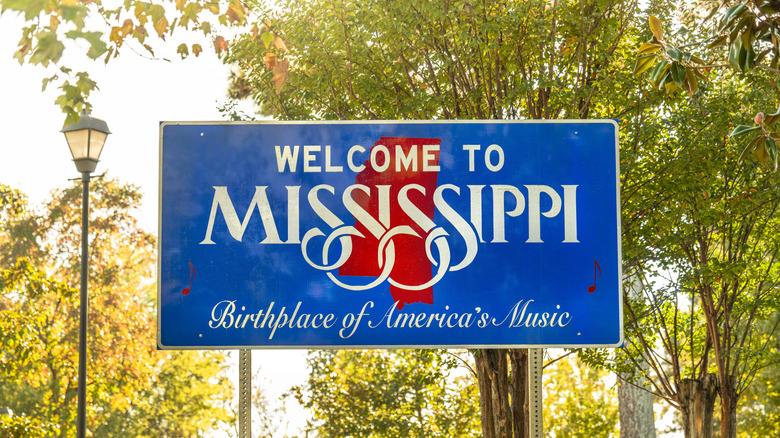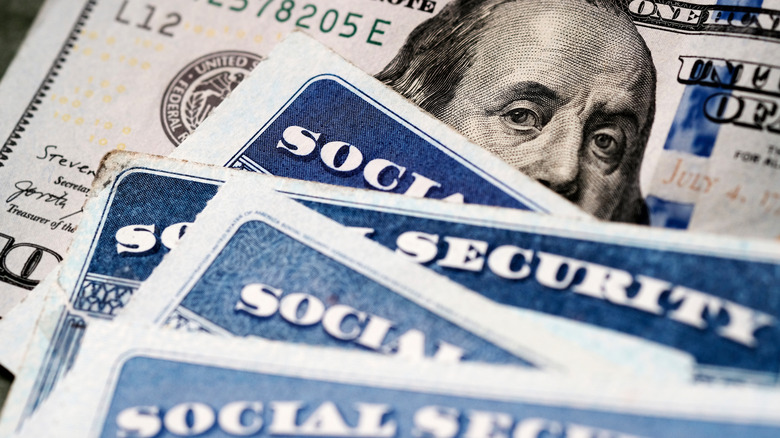America's Second Most Affordable State Exempts Social Security Income
American household spending has soared in recent years. For example, in 2023, the amount of money an average person spent annually climbed 5.9% to $77,280, while consumer prices jumped 3.4% in the second half of the year, according to a Bureau of Labor Statistics report on consumer expenditures. Meanwhile, median gross rent hit $1,406 a month, or $16,872 a year, according to the United States Census Bureau. Then there are the often-overlooked budget expenses some families don't take into account, and that's even before state taxes kick in.
In a time like this, every dollar counts, and that's why Mississippi's cost advantage stands out. United States News & World Report's 2024 Best States rankings put Mississippi as the second-cheapest US state to live in, after Arkansas. RentCafe shows living costs there run 10% below the national average. Missouri Economic Research and Information Center's Q2 2025 data put Mississippi's grocery index at 96.3 — that's 3.7% below the U.S. average. Housing costs are way below the national average, too. In August 2025, Zillow's Home Value Index showed a typical home priced at $187,882. Meanwhile, RentCafe reported the average rent at $1,317 a month, with housing costs about 26% cheaper than most U.S. markets. Utilities and transportation costs are relatively low in Mississippi, too.
Thanks to the lower overall cost of living in the state, retirees have extra room to spend on what they want. But that's not all. Mississippi is also among dozens of states that don't tax Social Security benefits. Its residents pay zero state tax on Social Security, Railroad Retirement, or Veterans' Administration benefits — a crucial break for American seniors who rely on Social Security to stay out of poverty.
Mississippi keeps taxes low across the board
Thanks to the Social Security tax exemption, retirees in Mississippi can save thousands of dollars annually compared to those living in states that tax Social Security benefits. However, you'll also see a substantial amount of other tax savings if you live in the state. Property taxes average $508 a year on a $98,000 home, according to Tax-Rates.org — the fourth lowest rate in the country. Across the United States, residents in counties with the highest median property tax rates generally paid in excess of $10,000 in property taxes in 2024. Meanwhile, the property tax bill in Mississippi's priciest county, Madison, averaged just $2,071 according to Tax Foundation data. To put it in context, Illinois had a 1.83% property tax rate in 2023, Nebraska had 1.43%, while Mississippi's rate sat at 0.58%. The state's income tax follows the same pattern.
The Mississippi Legislature's House Bill No. 1 set a 0% rate on the first $10,000 of taxable income in 2024. Anything above that faces a tax rate of 4.4% as of 2025. The top bracket will see its state income tax reduced to 4% in 2026, then to 3% by 2030. Meanwhile, House Bill 1 cut the state sales tax on groceries from 7% to 5%, starting July 1, 2025; the reduction is set to expire in July 2026, according to the Mississippi Department of Revenue.
Other benefits seniors can get in Mississippi
Apart from keeping taxes low, Mississippi offers a number or senior-friendly programs that reduce the cost of living for retirees. For example, seniors 65 and older get a homestead exemption that wipes out property taxes on the first $7,500 of a home's assessed value, according to the Mississippi Department of Revenue. Then there's the free Mississippi Drug Card. Started in 2007, it slashes prescription costs by up to 75% at over 56,000 pharmacies nationwide. It even covers big chains like CVS.
Then there's the Medicare Part D change. Starting in 2025, the $2,000 out-of-pocket cap will save 19,221 Mississippi seniors about $1,500 each year on prescription drugs, according to the American Association of Retired Persons. However, nationally, Mississippi ranks near the bottom for healthcare spending per person. Still, when you add these policies up, Mississippi stands out as a low-cost place to retire.


